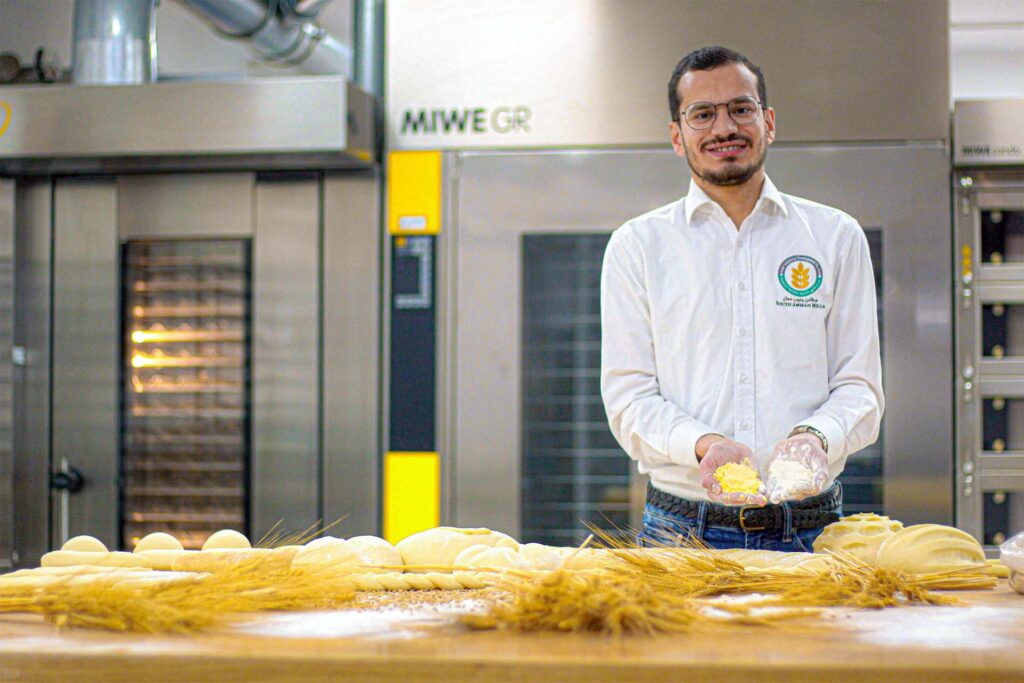
Flour production is a complex process that evolves over time. It is not confined to grain grinding alone but also includes adding some ingredients and additives to improve the quality of flour, and to achieve consistent production.
If I am to think about the future of flour, I would imagine the market of flour additives boosting, because, given the current population growth and the challenge to feed billions of people in the coming years, I can only see a solution by innovating ways to make the most out of the limited grain resources. Producing high quality, nutritious flour that would have good baking properties by solely relying on traditional milling is very difficult, but with the help of additives and premixes, you can achieve whatever result you seek, especially nowadays that people are turning baking into a hobby and passion, making creative recipes and difficult techniques.
So, I believe that the future of flour will highly depend on the market of flour additives, because as millers, we do not control the quality of wheat, especially if we depend on imported wheat, and flour additives can enable flour producers to improve the quality of their products despite the limited resources available.
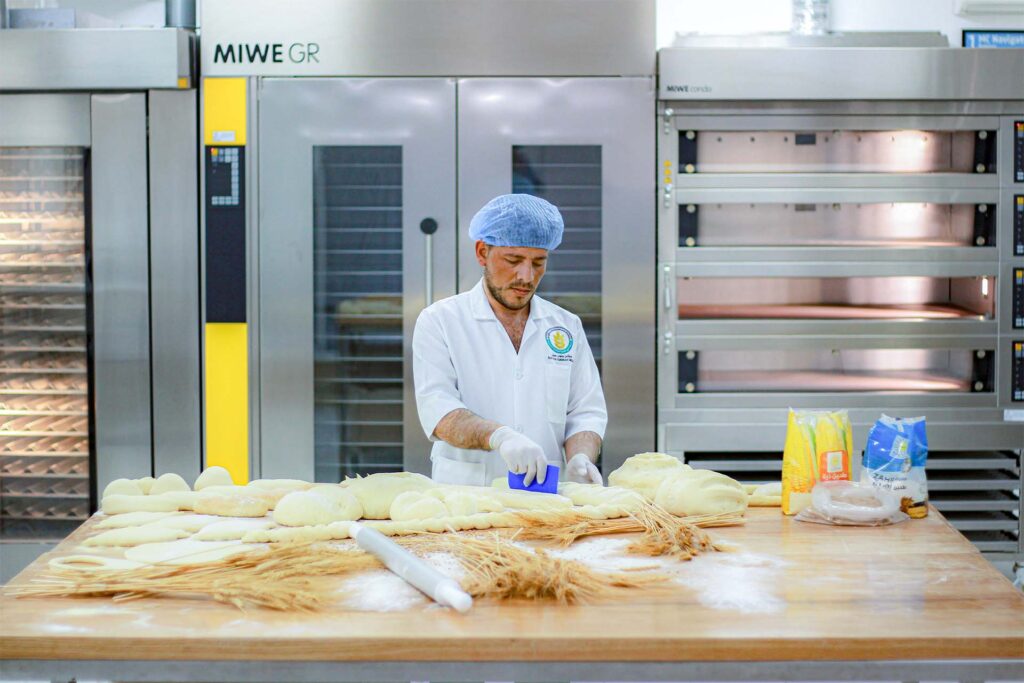
Mixing different kinds of flours will also have a promising market in my opinion. In Jordan we started mixing wheat flour with maize flour in order to cut costs and increase nutritional value, and the results are very satisfying so far. I can imagine expanding this market in Jordan to offer tailor-made blends for customers at better quality and less cost. By doing so millers are becoming more flexible and able to offer a wider variety of products.
This could be further developed to increase the role of millers to not only produce plain flour but to produce more niche and tailored products by offering ready mixes and blends that can be applied by
consumers by only adding water. Promoting flours experimenting and blending various grains will not only help reduce the final prices of the mixes but will also offer diversified flour products each to be used for a certain application.
Of course, millers cannot do this on their own they will need the help of ingredient suppliers in improving the properties and texture of the final product through experiments and modifications.
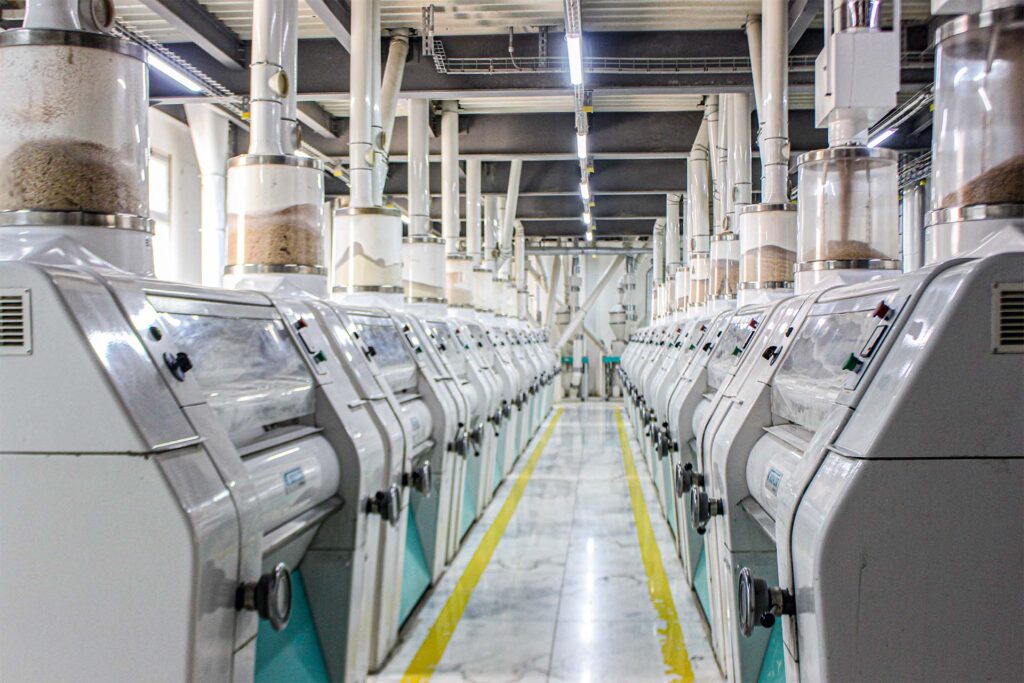
What millers can also do to diversify their flour production is to diversify the sources of their grains and mix different origins together in the milling process, a method that Al-Hazaa Investment Group relies on a lot, but this process is not as simple as is sounds. A mill must be very flexible and capable of milling different wheat origins, for that, necessary measures should be taken into account when designing the mill, such as the addition of special cleaning machines able to clean a more comprehensive range of grain types and sizes, blending flour of different production lines to control protein levels, and other characteristics must be taken into consideration.
Of course, given the increased capacities that are expected in the flour production field due to the growing population, millers and food producers must consider reducing their ecological footprint by minimizing waste and energy consumption and investing in sustainable production and packaging or any other method.
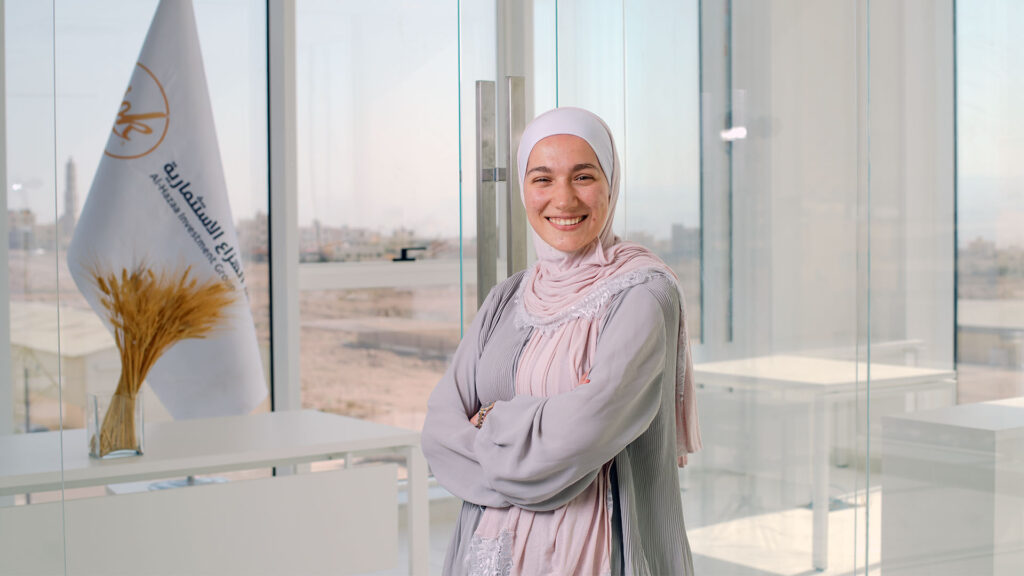
We at Al-Hazaa Investment Group are operating all our milling facilities in Jordan (total milling capacity of 2,100 tons per day in Jordan) and other operations by fully relying on renewable energy supplied by the Group’s solar power plant that is producing 36 million KWH of solar power annually. By doing so we are cutting our carbon footprint by 12,000 to 13,000 tons per year and protecting our business against rising energy costs.
To sum up, the future of flour really lies within our hands. It will be all about the innovative solutions that we can find to feed the growing population but without compromising on quality, and I see a lot of opportunities that all members of the milling sector can start working on and improving to achieve a better future for flour, the white gold of life.
Submitted by
Mariam Al-Hazaa | Business Development Manager
Al-Hazaa Investment Group
